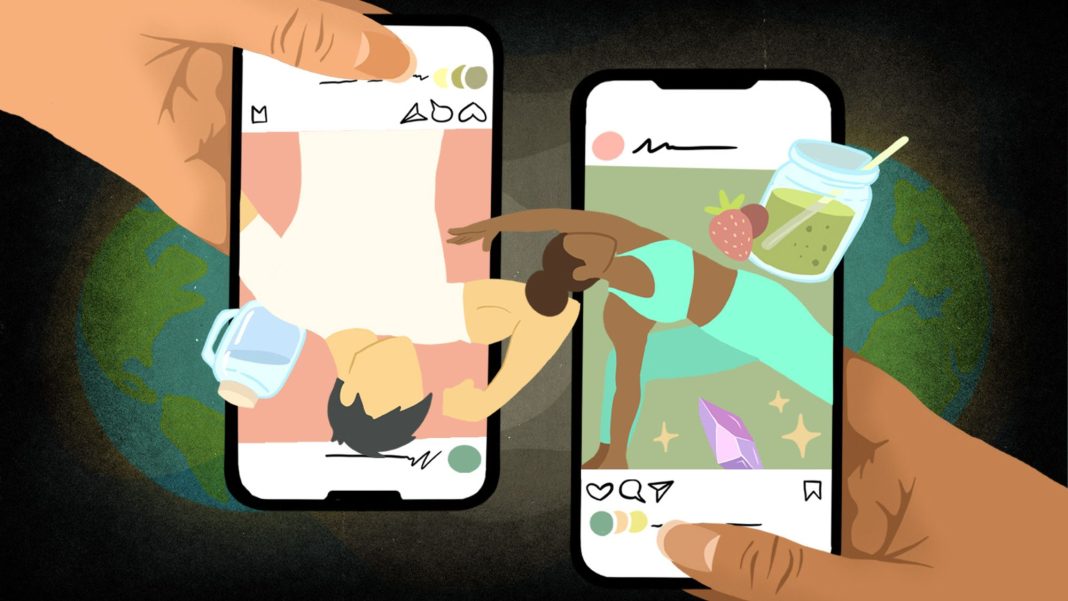Introduction
Social media is flooded with influencers promoting wellness trends—from juice cleanses and detox teas to miracle supplements and biohacking techniques. With millions of followers trusting their recommendations, these self-proclaimed health gurus wield enormous influence. But how much of their advice is scientifically sound, and how much is just a marketing gimmick?
This article delves into the booming wellness industry, the rise of unverified health advice on social media, and the real dangers of following influencer-endorsed trends.
The Rise of the Wellness Industry
The global wellness market is worth over $4.5 trillion, fueled by consumer interest in fitness, nutrition, and self-care. While some wellness practices are backed by science, many are not.
Key drivers of the wellness boom:
- Social Media Influence: Instagram, TikTok, and YouTube have made health trends go viral.
- Fear-Based Marketing: Terms like “toxic,” “hormone-disrupting,” and “clean eating” prey on consumer anxieties.
- Distrust in Traditional Medicine: Many turn to influencers for “natural” alternatives to modern medicine.
Popular Wellness Myths Debunked
- Detox Teas and Juice Cleanses
- Reality: The liver and kidneys naturally detox the body; no tea or juice can replace them.
- Risk: Many detox teas contain laxatives, leading to dehydration and digestive issues.
- Alkaline Diets
- Claim: Eating alkaline foods balances the body’s pH and prevents diseases.
- Reality: The body regulates pH on its own; food has little impact on blood acidity.
- Anti-Vaccine and Anti-Science Rhetoric
- Some influencers promote vaccine misinformation, leading to public health risks.
- Expensive Supplements and ‘Biohacking’
- Influencers push overpriced vitamins with no proven benefits for most people.
- Some “biohacking” practices, like prolonged fasting, can be dangerous if done incorrectly.
The Hidden Business Behind Wellness Trends
- Affiliate Marketing: Influencers make money through sponsorships and commissions on wellness products.
- Fake Credentials: Many “health coaches” lack medical or nutritional qualifications.
- Selective Science: They cherry-pick studies that support their claims while ignoring contradictory research.
How to Spot Misinformation
- Check Credentials: Are they a certified nutritionist, doctor, or fitness expert?
- Look for Peer-Reviewed Studies: Is there scientific evidence backing their claims?
- Beware of “Miracle Cures” and Extreme Diets: If it sounds too good to be true, it probably is.
Conclusion
Wellness should be based on science, not influencer hype. While social media can spread helpful health information, it can also be a breeding ground for dangerous misinformation. Consumers must be skeptical, do their research, and consult real medical professionals before adopting wellness trends.

